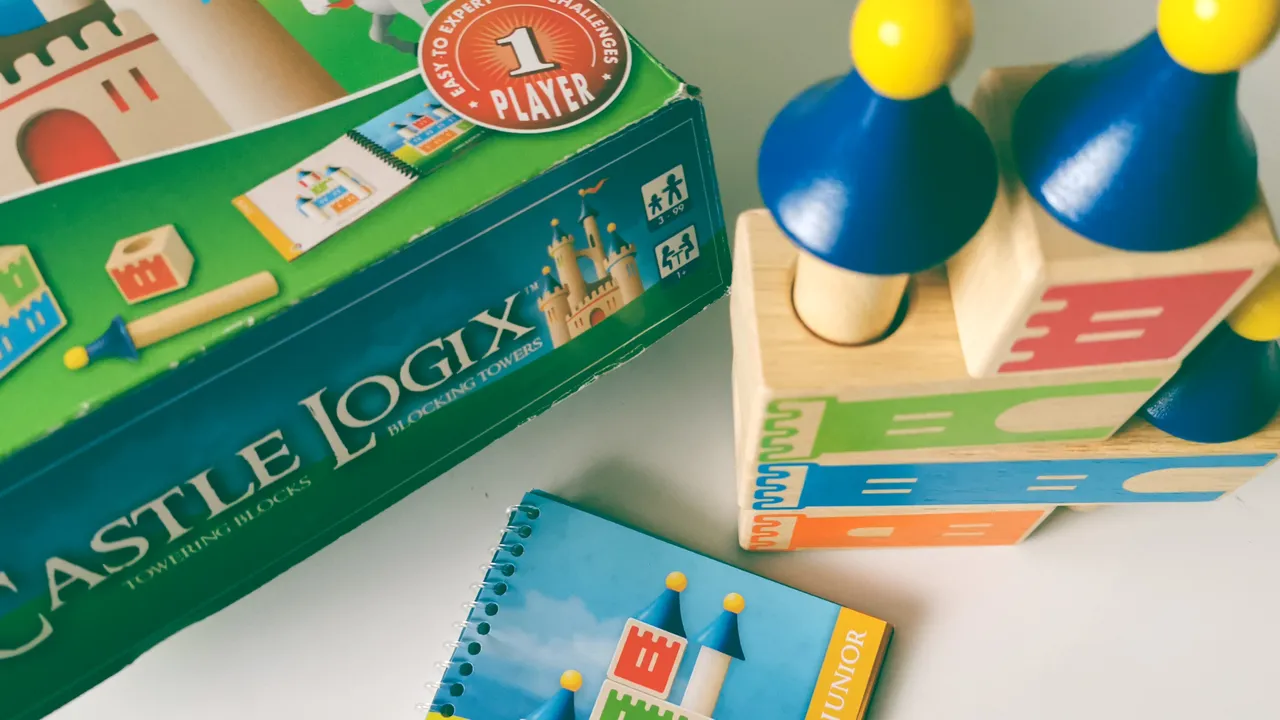Since I am pretty interested in skill development and what we can influence, I was listening to a podcast yesterday that looked at how genetics can predict outcomes. Currently, they are at the point where 15% of the differences in school success can be attributed to genetic markers, meaning that a DNA test can give a statistically significant probability rating from birth as to whether someone will do well at the current school curriculum or not.
It really is that some people are built for academic success while others might have their very genetics working against them, no matter how hard they themselves work. It is quite obvious to me that genetics plays a part at a mental level, as much as some people might like to avoid the discussion. Understanding genetic aptitude would give the ability to direct course of study and development based on probabilities - and then we end up in Gattaca.

Regardless of genetic probabilities however, it might be possible to affect the effects of genetics through a little bit of opportunity, through a little nurture - how much is definitely debatable. There is a difference between what is (for example having a genetic trait) and what could be (feeding or starving that trait through behavior). I used the example the other day with alcoholism - where no matter how dominant the genetic markers for alcohol abuse might be, a person who never drinks will never become an alcoholic.
I am not overly logical and have to work very hard to think through various process - my mind has never been mathematical past the point of basics where I am able to leverage my visual abilities to imagine the scenarios. For me, I have an aptitude (probably genetic) for visualization and it is this that I use in all kinds of problem solving activities - but if I can't imagine it, it is hard for me to grasp a concept. You will notice this in my writing, as I use analogy a lot as it is the way I process information. I don't think I am alone here and most of us built some kind of "visual" representation to build a narrative on concepts.

I figure that if there is a time where neuroplasticity can be affected through behavioral opportunity, it is in early childhood. My wife and I are relatively interested in education and of course want our child to grow up happy - which means with the opportunity to be her best. We do not really teach her anything, but we do introduce a lot of potential for her to explore. She is largely self-directed in what she chooses to pick up and play with and what we find is that she goes through phases for pretty much everything, with the physical being the focus at one point, language areas and visual another, logic and math another. I don't know if it is her "mood" that directs this, or her mood is directed by some underlying process saying, play with this toy now.
So far, my daughter is a strange little animal when it comes to her areas of interest and she is pretty well skilled across multiple skill sets. Neither I nor her mother are mathematical or logical, but from a very early age, our daughter has exhibited a fair amount of interest in the processes that lay behind results and seems to have an aptitude for formulas. She is inquisitive and curious and likes to explore how things work and put the pieces of the process in order. She also likes playing around with numbers and seems to use her logic for patterns to form her spoken words too - with her language level being above that of a four year old on both the Finnish and English sides.
I find the idea of genetic aptitude interesting (taking away the potential for genetic class dystopia based upon it) as it could be the way that we are able to better fit opportunity to potential. I know many people who have struggled through life (myself included) because they don't fit into whatever average or skill set is valued at any given time. Possibly knowing this early will mean being able to self-direct toward where we are potentially skilled so that we can perform at our best. This doesn't mean societal success, but perhaps in a future where much of what we do today is being automated, perhaps we could live in a world of exploring and empowering human ability, rather than focusing on being human robots learning and performing process tasks that a machine can do better.
I am quite pessimistic that I will see this kind of "utopia" of empowering human performance in my lifetime and I suspect that due to the way humans behave it is far more likely to turn into a genetic caste system - but that is up to us. But, regardless of what that future will be, there will still be skill requirements of some kind and those who will cope the best will be those who can perform the best and flex as they need to the changing environment. And, regardless of genetic aptitude, it is likely better to try for improvement than accept statistical defeat.
In my opinion, trying for the impossible and failing is likely to enjoy a better floor, than accepting it as impossible and giving up before starting.
Irrespective of whether the games we play or what we do affects the outcomes of our daughter's future doesn't matter too much either, as we have a great time doing these things together anyway. We have a family life of active participation, collaboration and support and get to do all kinds of things together in ways that bring out our best in each other. There is value in the process - even if the results aren't what are expected.
Taraz
[ Gen1: Hive ]
